New study finds low-protein, high-carb diets with fiber and flexible eating may extend lifespan, reduce disease risk, and protect long-term health.
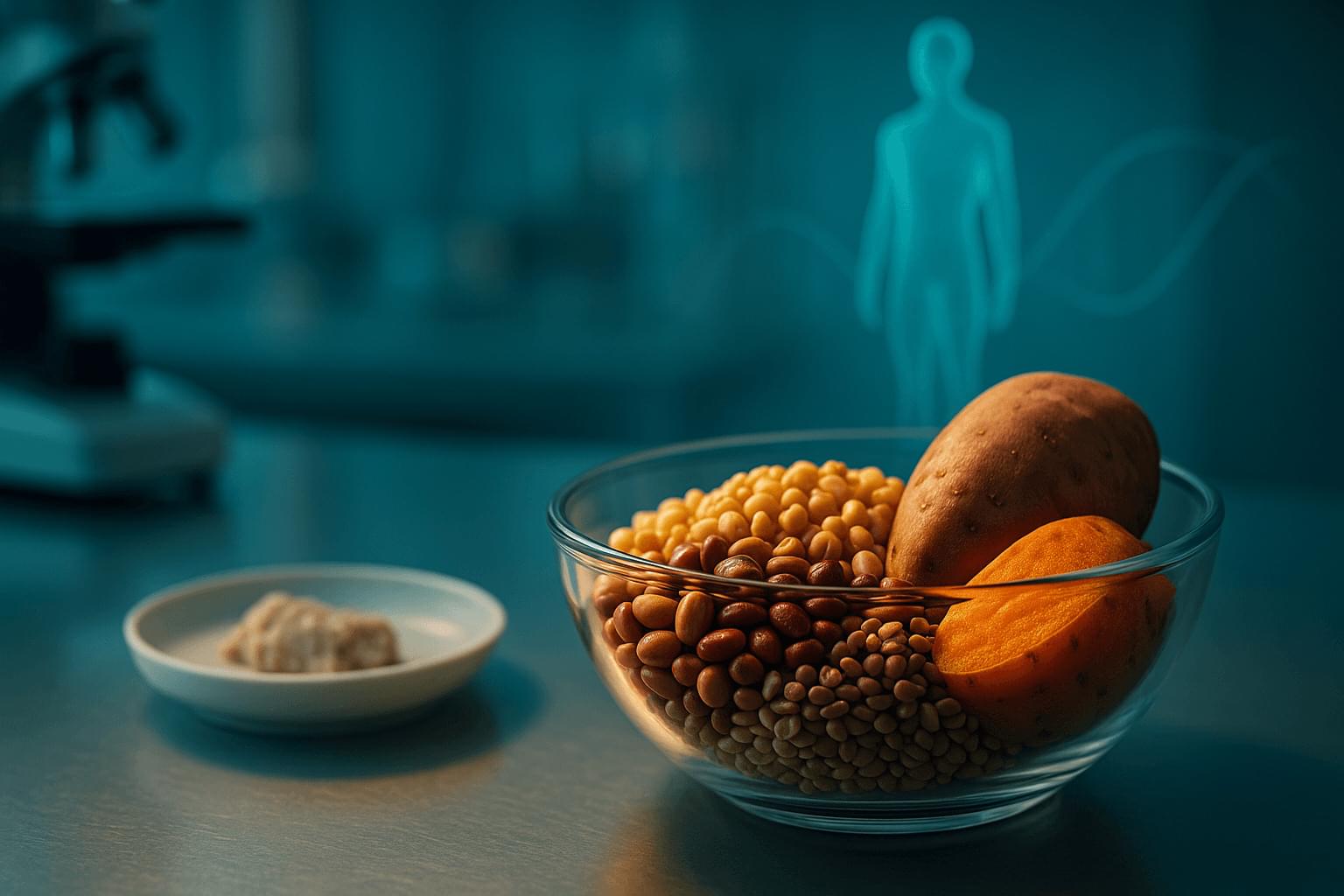


A dystopian future where advanced artificial intelligence (AI) systems replace human decision-making has long been a trope of science fiction. The malevolent computer HAL, which takes control of the spaceship in Stanley Kubrick’s film, 2001: A Space Odyssey, is a chilling example.
But rather than being fearful of automation, a more useful response is to consider what types of repetitive human tasks could be safely offloaded to AI, particularly with the advances of large language models (LLMs) that can sort through vast amounts of data, see patterns and make predictions.
Such is the area of research co-authored by Christoph Treude, an Associate Professor of Computer Science at Singapore Management University (SMU). The team explores potential roles for LLMs in annotating software engineering artifacts, a process that is expensive and time-consuming when done manually.

Transfusion-related acute lung injury (TRALI) is the leading cause of transfusion-related mortality, but its pathogenesis is complex and not well understood. TRALI is thought to develop under a “2-hit” model. In 80% of cases, the second hit is caused by antibodies (specifically anti-HLA class I or II or anti-human neutrophil antigen antibodies); bioactive lipids, extracellular vesicles and other storage-related transfusion products have been linked to the remainder of the TRALI cases. The first-hit, which is related to the patient’s underlying clinical condition, is less well defined. Since patients receiving intensive care are more prone to TRALI and often have elevated levels of extracellular mitochondrial DNA (mtDNA), researchers used a murine model to examine whether mitochondria, mtDNA or other damage-associated molecular patterns (DAMPs) can act as a first-hit in an antibody-dependent murine model of TRALI. Injection of purified mitochondria or mtDNA followed by a monoclonal antibody (as a second-hit) caused significantly greater lung injury with increased pulmonary edema, elevated plasma macrophage inflammatory protein-2 (MIP-2; the mouse ortholog of human IL-8), enhanced neutrophil lung infiltration, hypothermia, and respiratory distress compared to an isotype control. Researchers found that an antagonist to toll-like receptor-9 (TLR-9) attenuated many of the TRALI-like symptoms in mice suggesting that mtDNA and TLR-9 may be involved in the first-hit in some TRALI cases. Targeting mtDNA or the TLR-9 receptor may prove to be a novel therapeutic strategy to prevent the first-hit and TRALI, but further research is needed.
References:

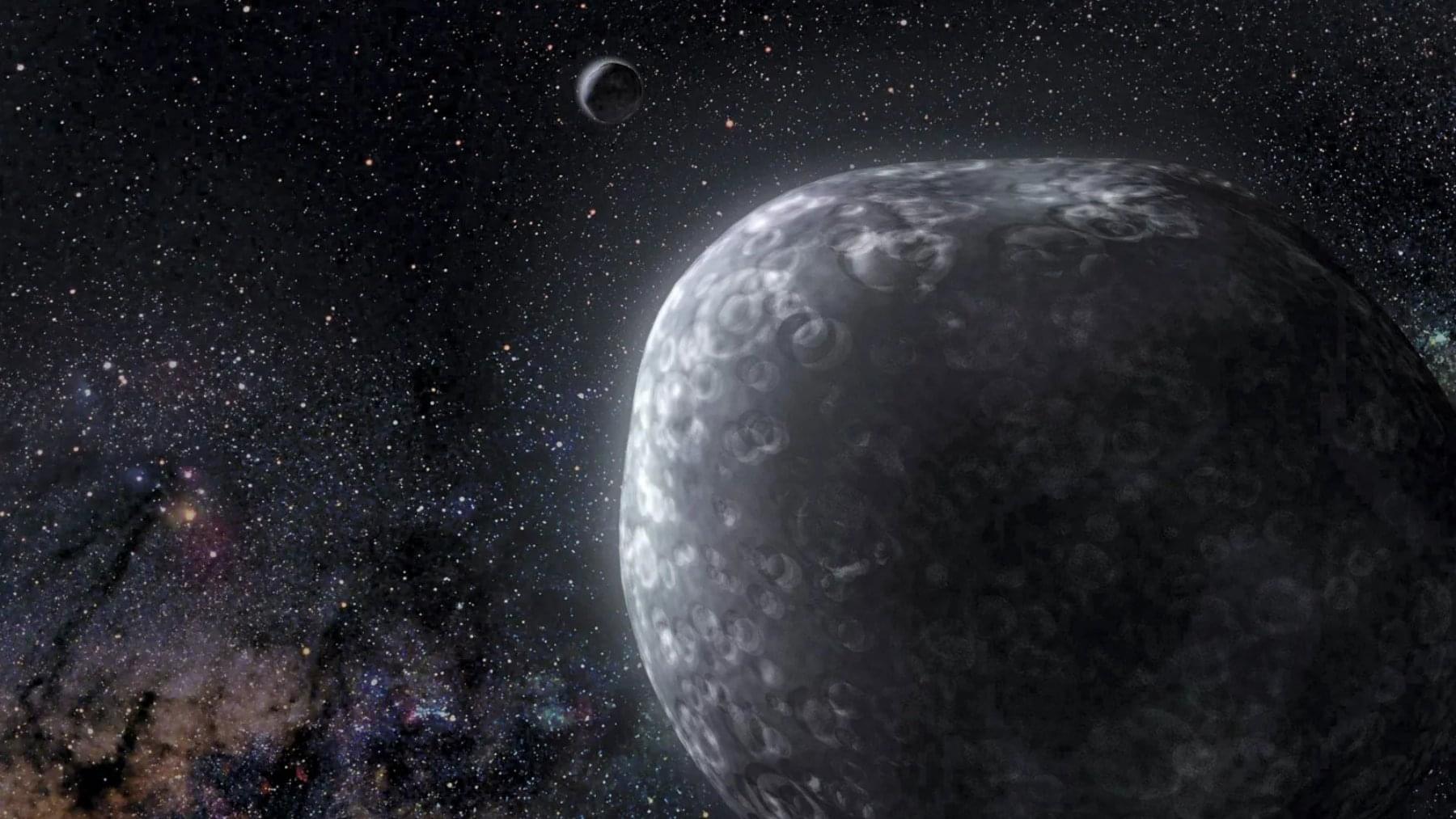
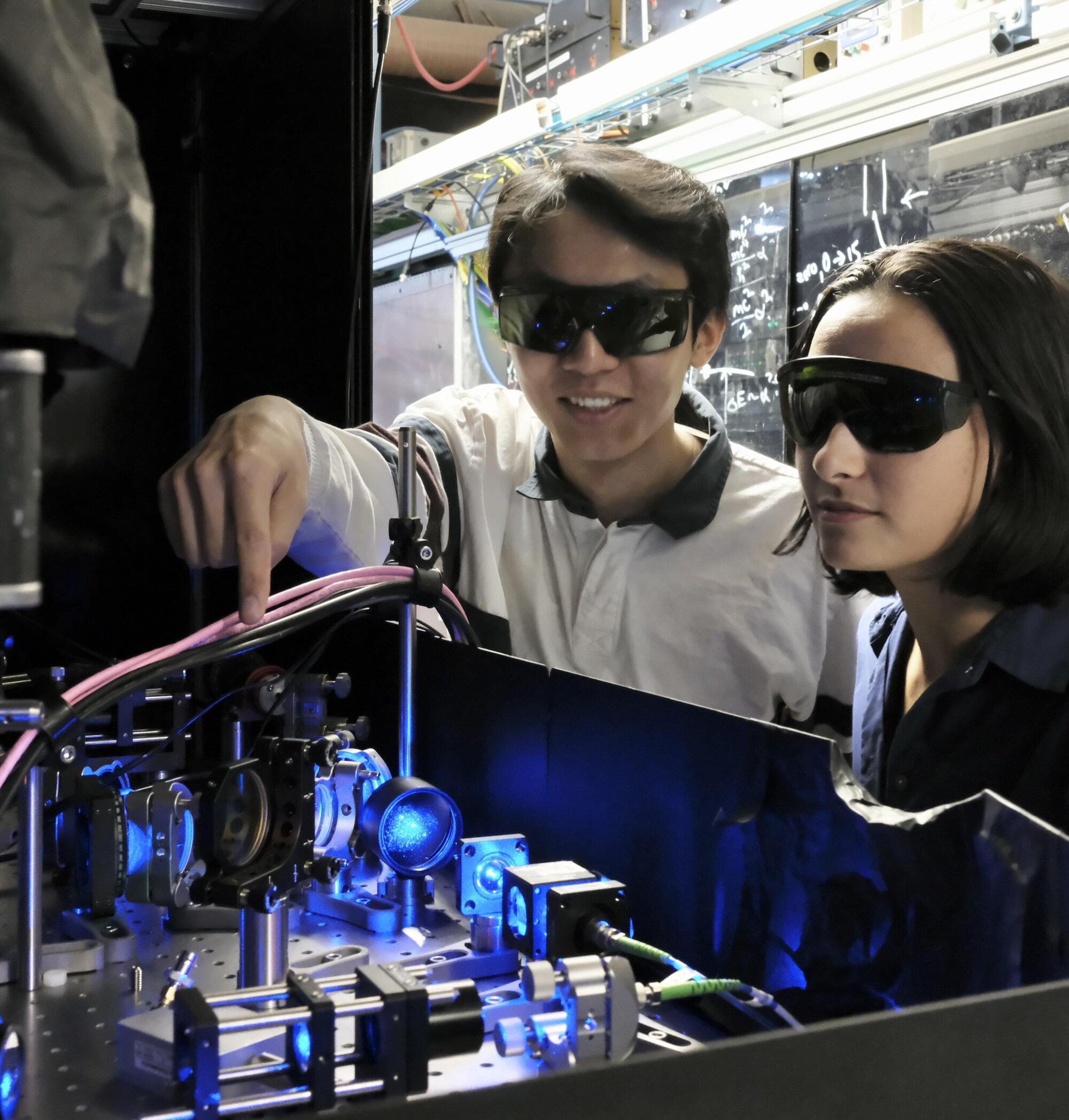
Optical lattice clocks are devices that measure the passing of time via the frequency of light that is absorbed or emitted by laser-cooled atoms trapped in a repeating pattern of light interference known as optical lattice.
These clocks are significantly more precise than classical clocks and could pick up subtle physical phenomena. They could also be used to test the predictions of various physics theories and could help to improve the performance of existing timekeeping, sensing and communication systems.
Researchers at JILA National Institute of Standards and Technology and University of Colorado recently introduced a new strontium atom-based optical lattice clock that achieved unprecedented precision.
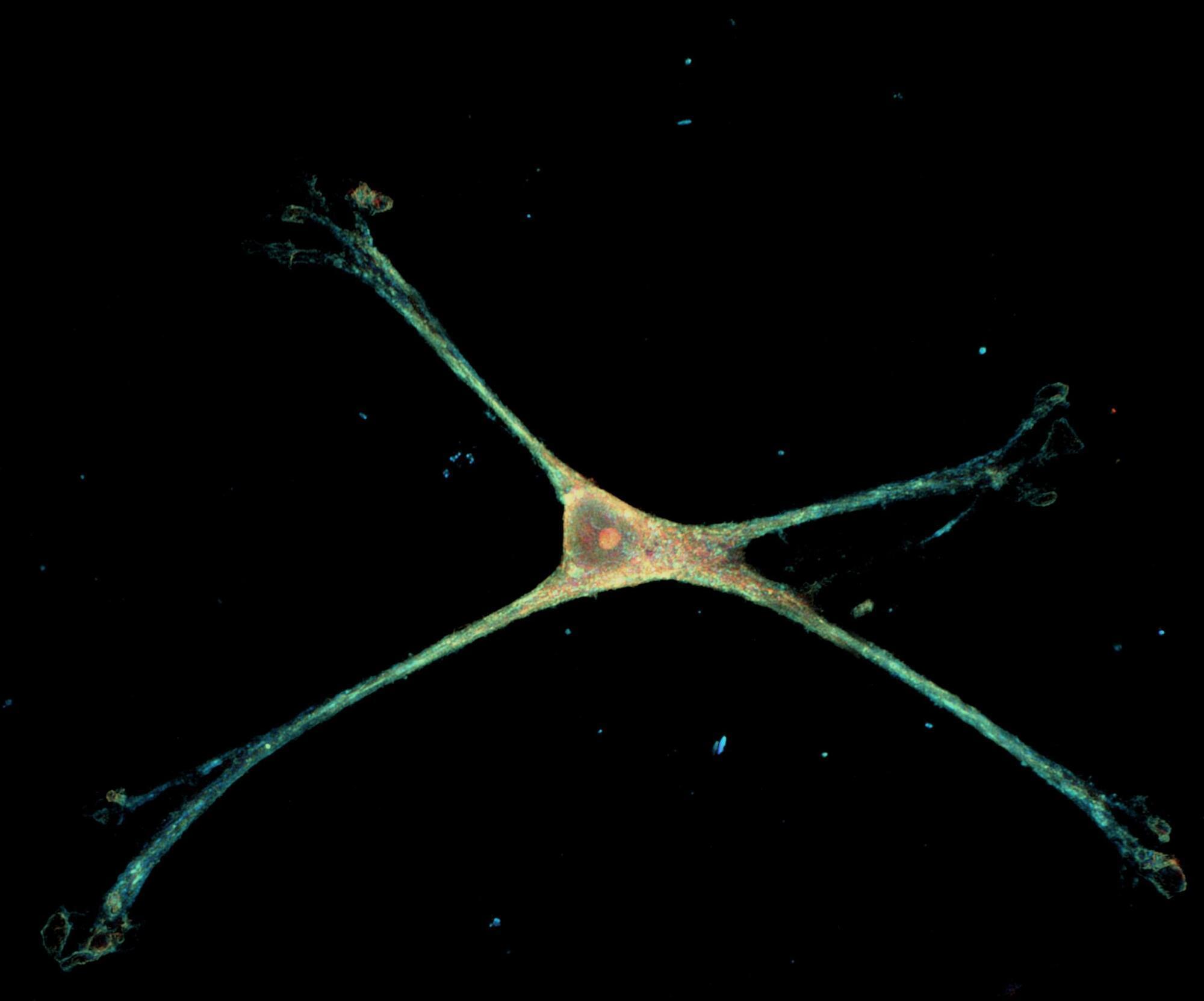
Scientists have engineered a nanowire platform that mimics brain tissue to study astrocytes, the star-shaped cells critical for brain health, for the first time in their natural state.
Astrocytes are the brain’s most abundant and mysterious cells, responsible for regulating communication between neurons and helping to maintain the blood-brain barrier. They are also highly dynamic shape-shifters, something they do not do on typical petri dishes, leaving major gaps in our understanding of how they operate.
“Frustratingly, little is known about the stunning diversity of astrocyte morphology and we also don’t know much about the molecular machinery behind these shape shifts,” said co-senior author Ishan Barman, a Johns Hopkins University bioengineer. “They won’t take on these shapes on glass, so the question for us was how do we replicate the in vivo shape but in vitro?”
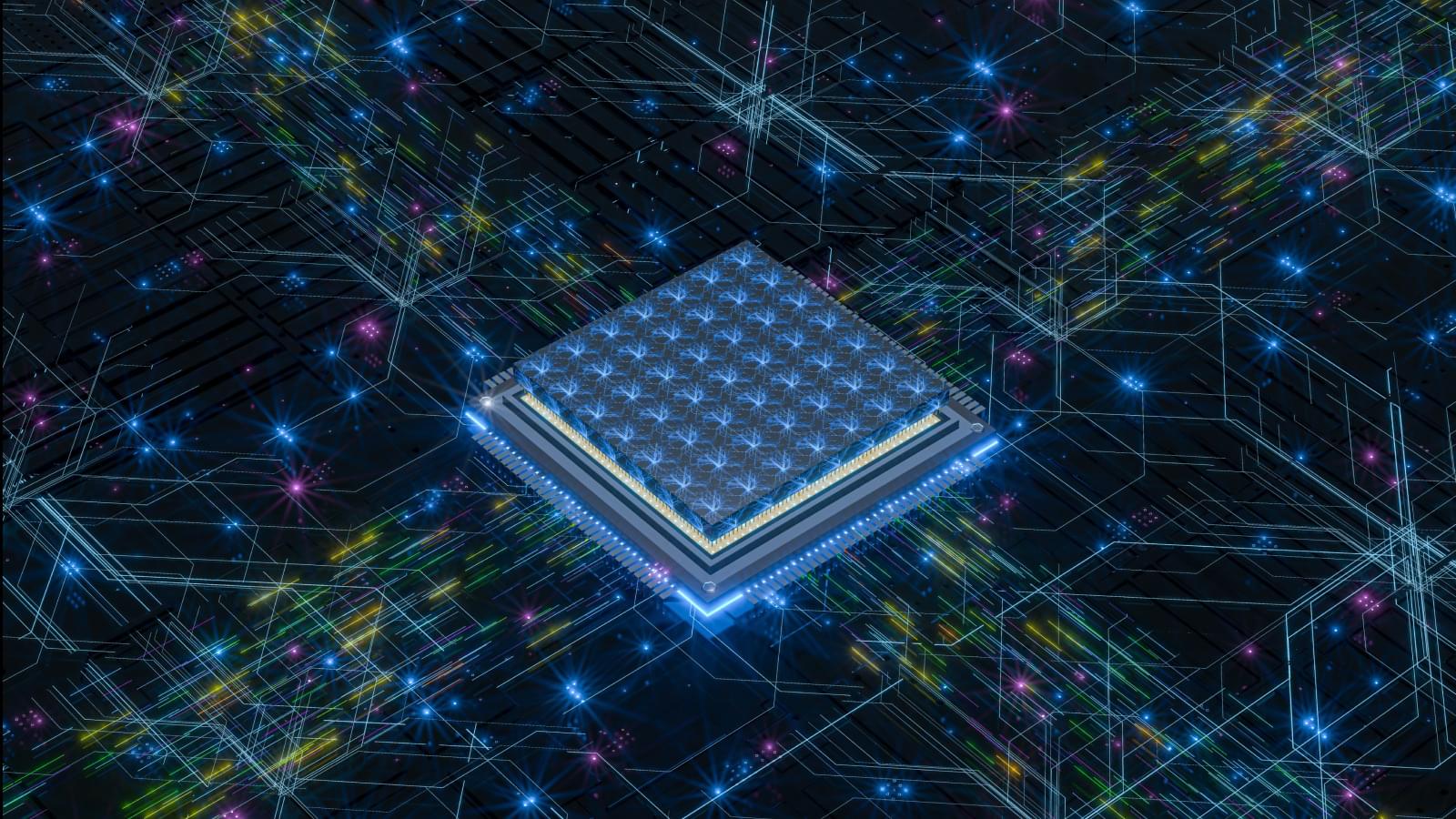
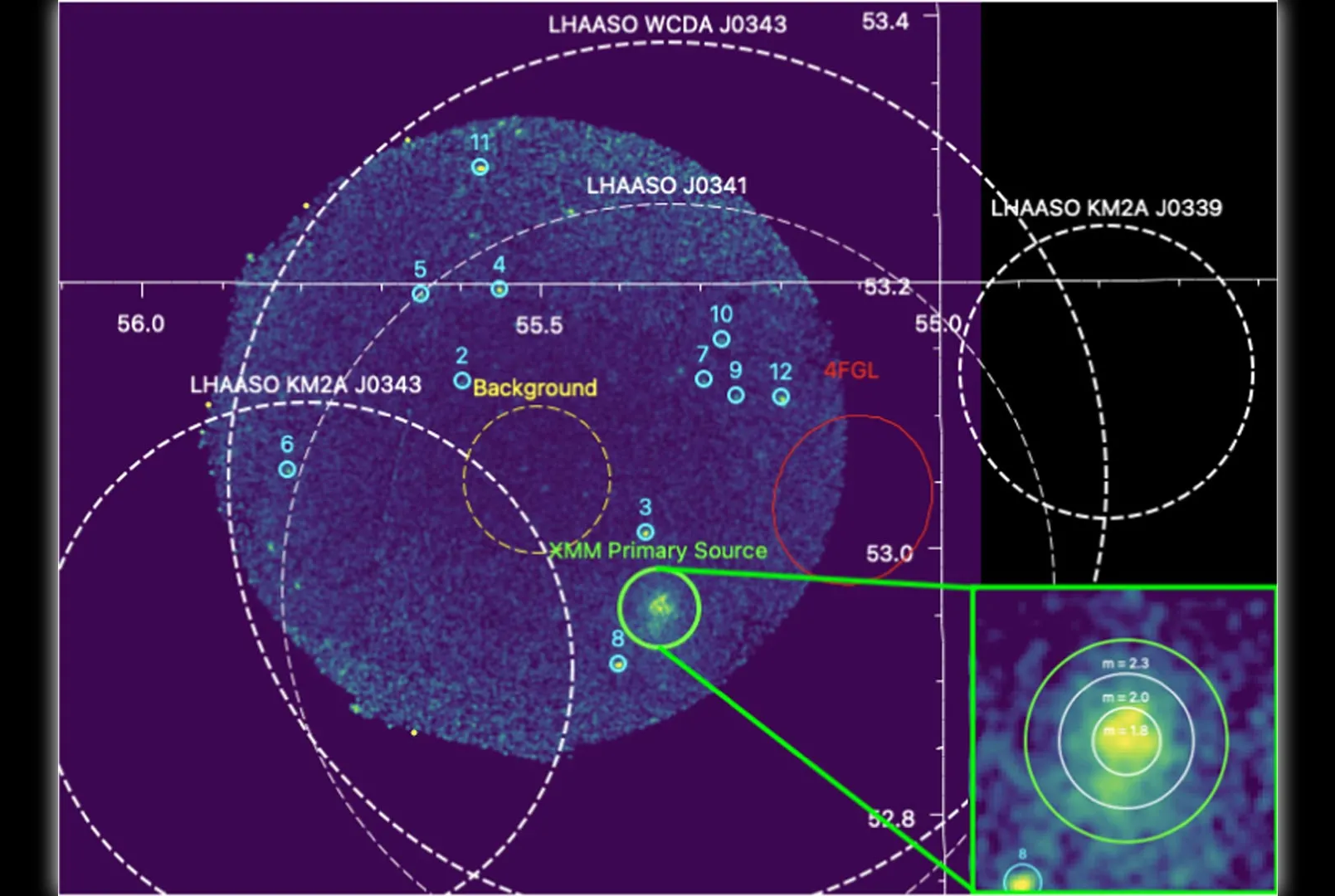

Summary: Researchers at Ruhr University Bochum explore why consciousness evolved and why different species developed it in distinct ways. By comparing humans with birds, they show that complex awareness may arise through different neural architectures yet serve similar purposes.
New research examines why consciousness evolved by comparing humans with birds.
What evolutionary purpose does consciousness serve, and what insights can birds offer about its origins? These questions are at the heart of two new studies from researchers at Ruhr University Bochum.